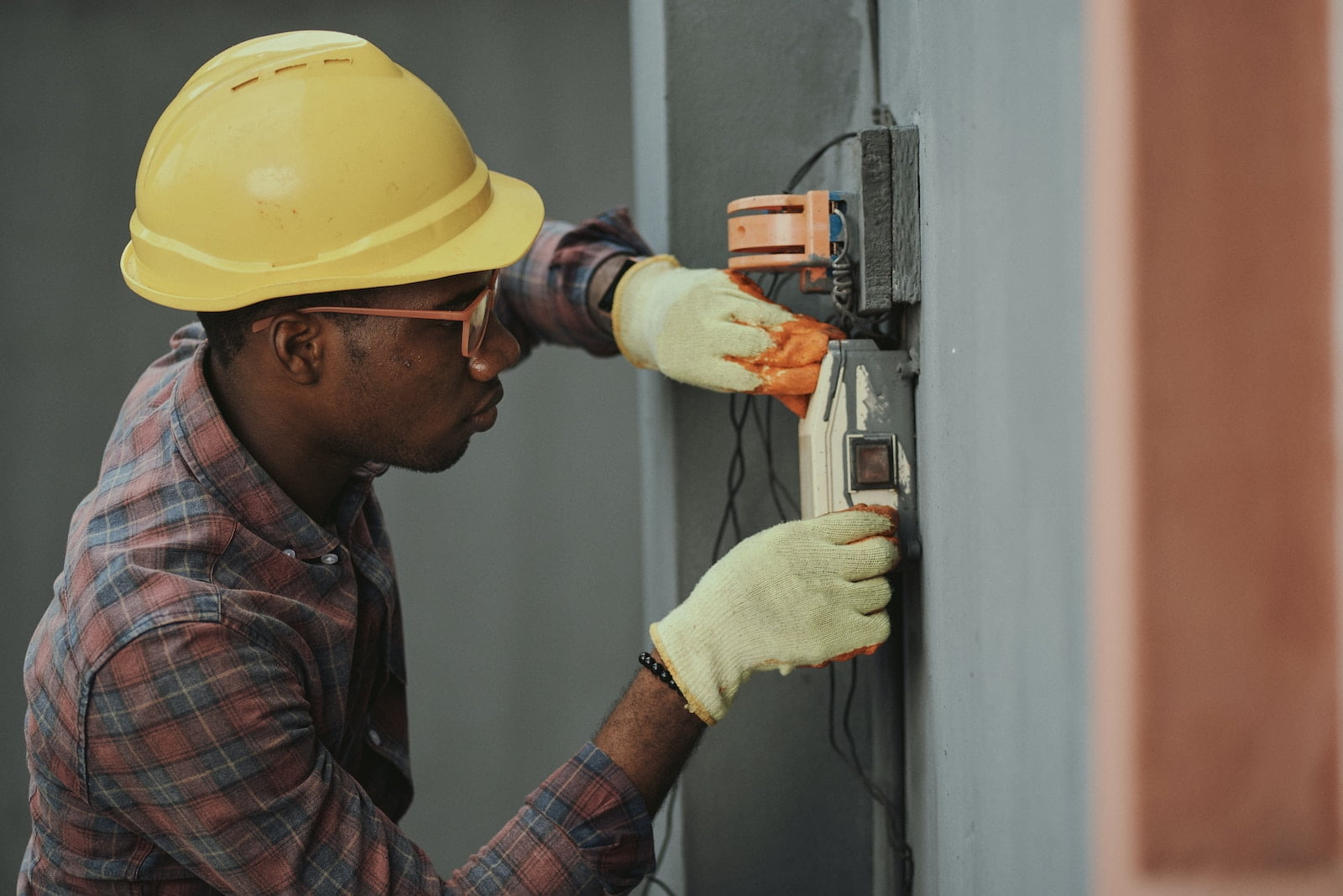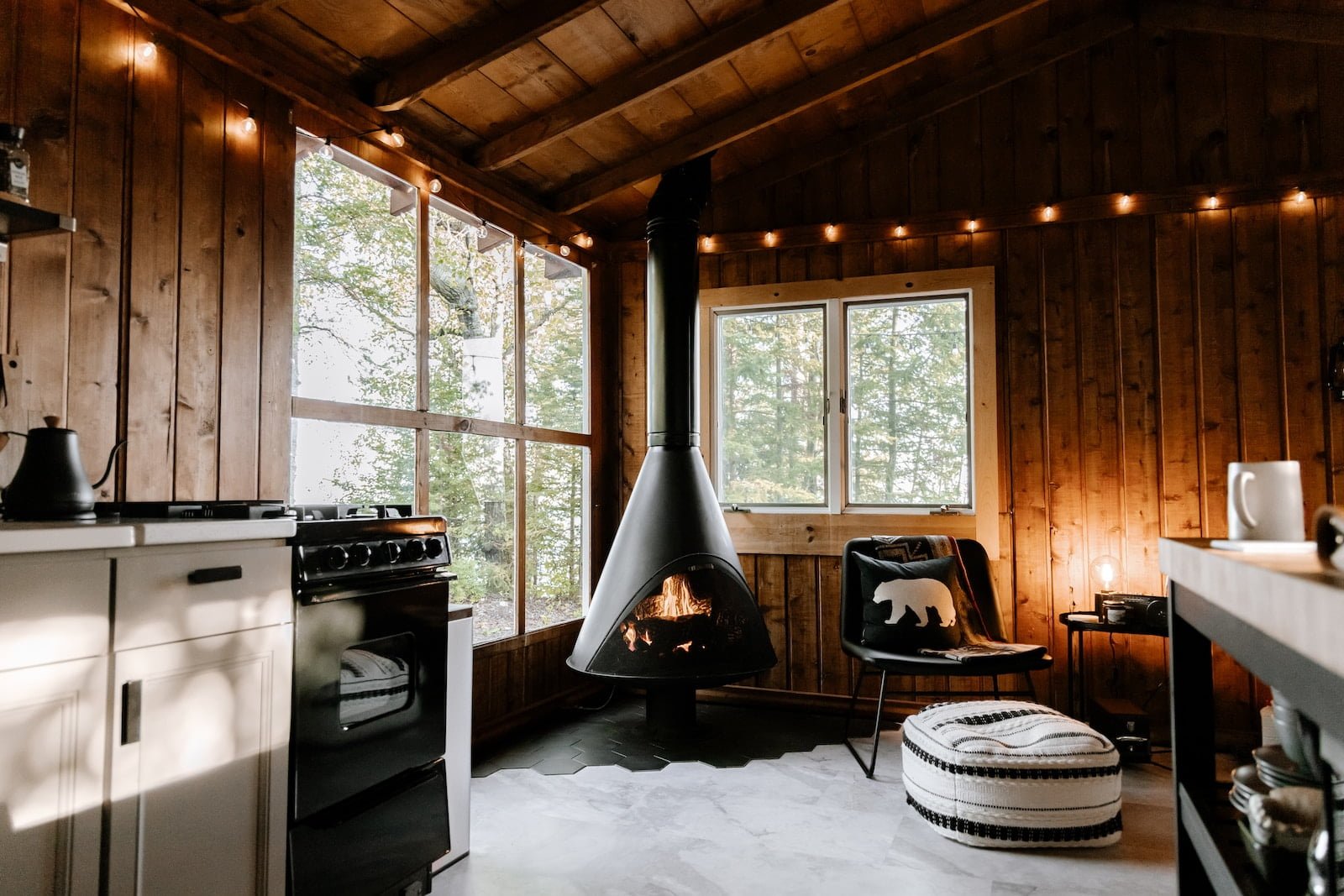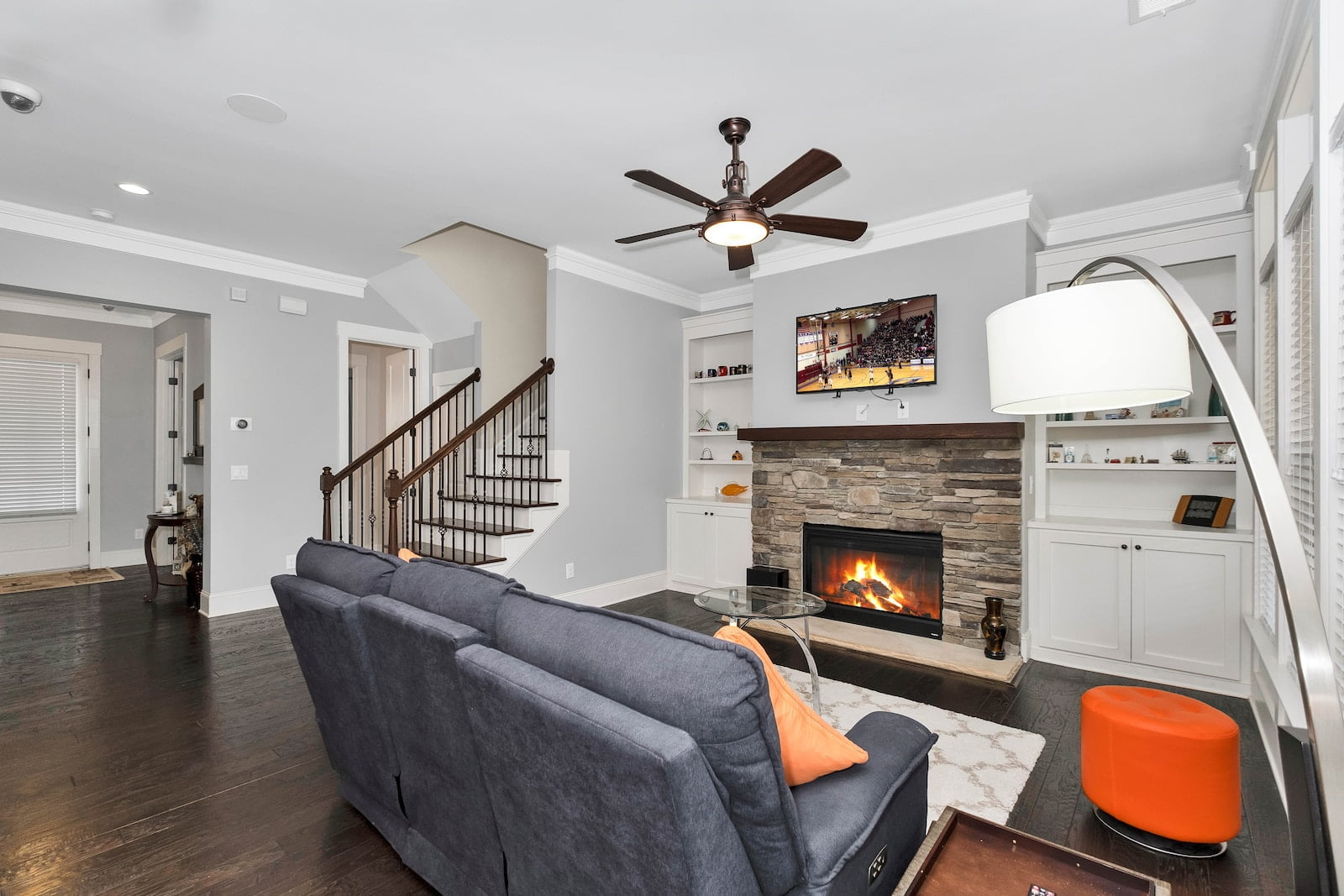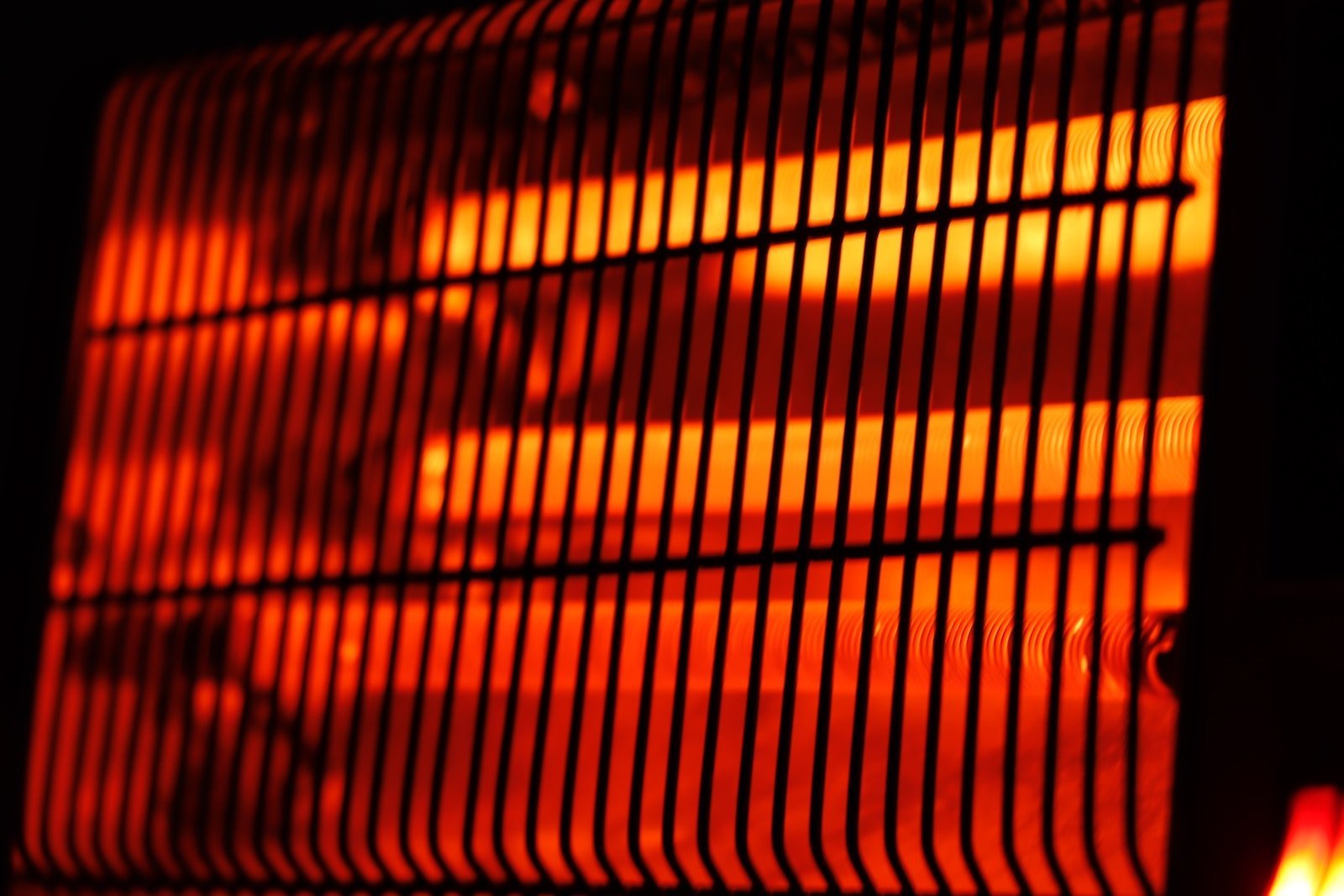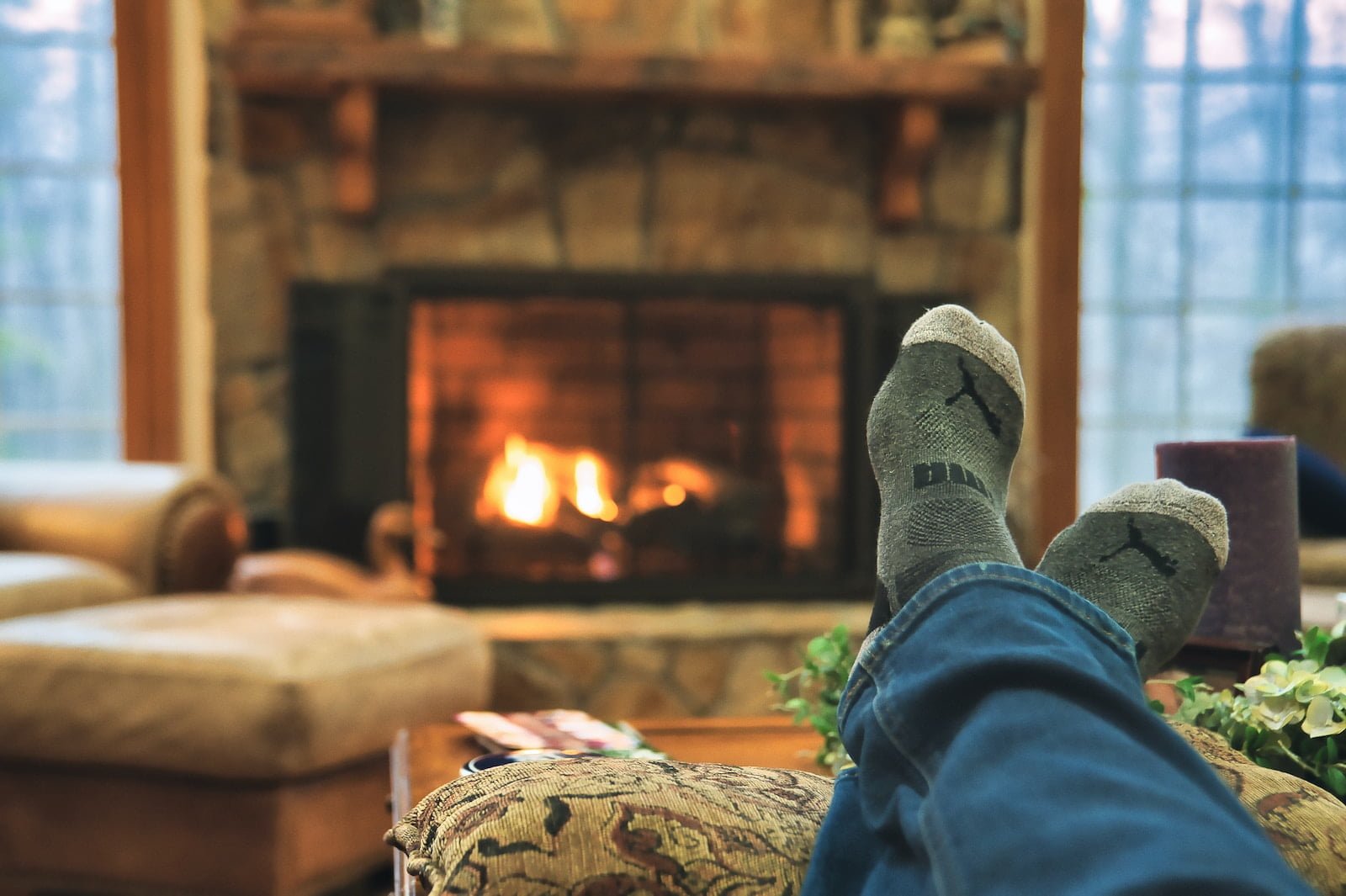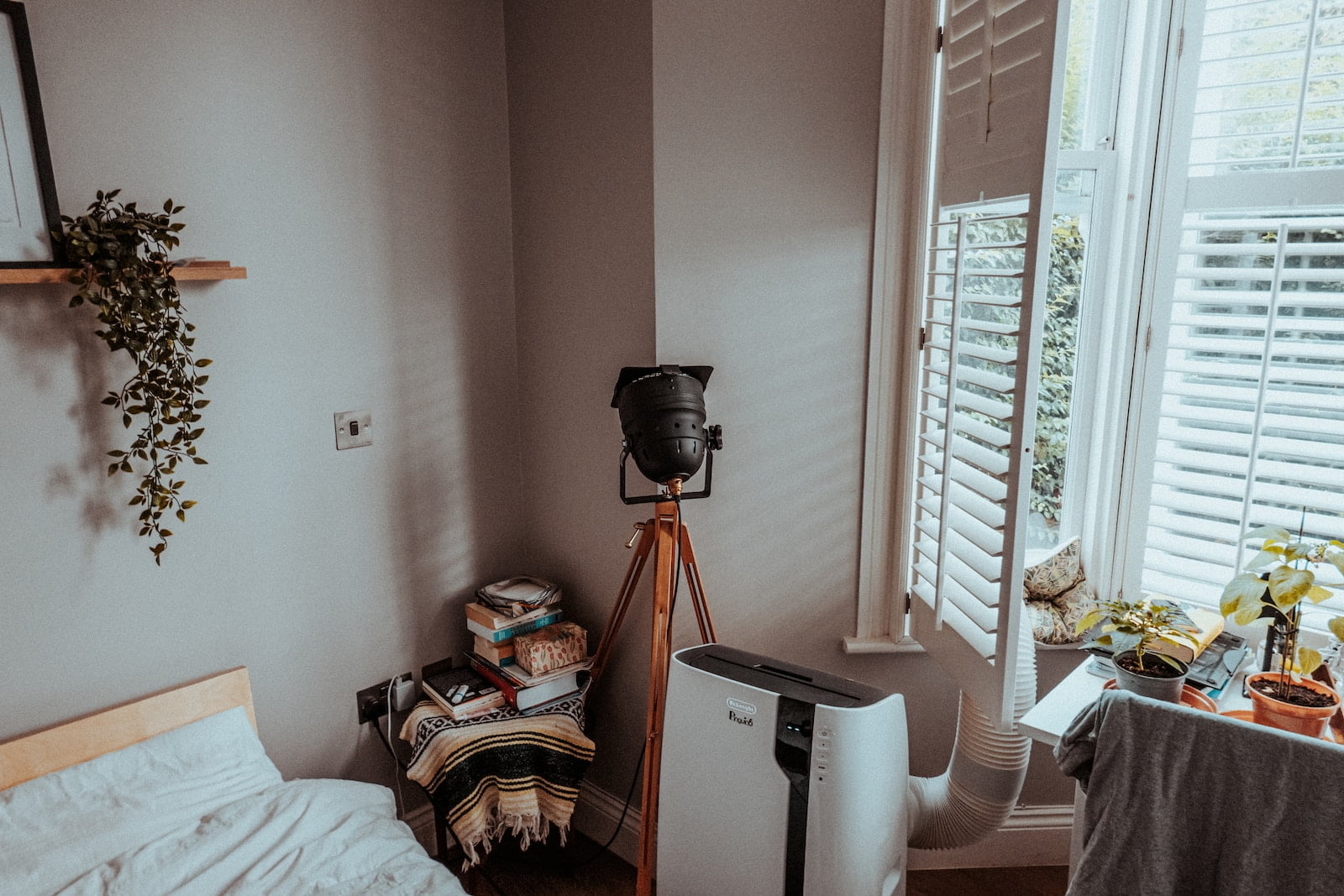Cost of Installing a New HVAC System for a Comfortable Home
As homeowners, we all want to ensure that our homes are comfortable and cozy year-round. One of the essential components that contribute to this goal is the HVAC system. It is responsible for regulating the temperature, humidity, and air quality in our homes. However, if you’re planning to install a new HVAC system, the cost can be a significant concern. In this article, we’ll explore the average cost of installing a new HVAC system for a comfortable home. We’ll discuss the factors that affect the cost, the different types of systems available, and tips on how to save money on the installation. So, let’s dive in and learn more about the cost of installing a new HVAC system for your home.
Factors that Affect the Cost of Installing a New HVAC System
Another factor that can affect the cost of installing a new HVAC system is the type of system that you choose. There are different types of HVAC systems available in the market, and each one comes with its own set of advantages and disadvantages. For example, a central air conditioning system can be more expensive than a window unit, but it can also cool your entire house more efficiently. Similarly, a ductless mini-split system can be more expensive than a traditional HVAC system, but it can provide better temperature control and save you money on energy bills in the long run.
The size of your home or building can also impact the cost of installing a new HVAC system. If you have a larger home or building, you may need a larger HVAC system to adequately cool or heat the space. This can result in a higher cost for the system and installation. Additionally, if your home or building has unique features such as high ceilings, large windows, or multiple levels, this can also affect the cost of the HVAC system installation as it may require additional equipment or modifications.
The Benefits of Investing in a New HVAC System for a Comfortable Home
Moreover, investing in a new HVAC system can also lead to significant energy savings. Older HVAC systems tend to consume more energy, resulting in higher utility bills. On the other hand, newer models are more energy-efficient and can help you save money in the long run. In fact, according to the US Department of Energy, replacing an old HVAC system with a newer, more efficient one can reduce energy consumption by up to 30%. This means that not only will you be able to enjoy a more comfortable home, but you’ll also be doing your part in helping the environment by reducing your carbon footprint.
Furthermore, a new HVAC system can also improve the overall air quality in your home. Older systems tend to accumulate dust, dirt, and other allergens over time, which can circulate throughout your home and cause respiratory issues. Newer systems, on the other hand, come equipped with advanced air filtration systems that can effectively remove contaminants from the air, resulting in cleaner and healthier indoor air quality. This is especially important for individuals who suffer from allergies or respiratory problems.
All in all, investing in a new HVAC system is a smart decision that can bring a multitude of benefits to your home. From improved comfort and energy savings to better air quality and environmental sustainability, a new HVAC system is a worthwhile investment that can pay off in the long run.
Consider the Size of Your Home
When choosing an HVAC system, it’s important to consider the size of your home. A system that is too small will struggle to keep up with demand, while a system that is too large will waste energy and money. To determine the appropriate size, you’ll need to calculate the square footage of your home and consider other factors such as ceiling height, insulation, and the number of windows. A professional HVAC contractor can help you with this calculation and recommend the appropriate system size for your home.
Financing Options for Installing a New HVAC System in Your Home
Another financing option to consider is a personal loan. Personal loans are provided by banks, credit unions, and online lenders. They are unsecured loans, meaning you don’t have to put up collateral. The interest rates on personal loans are typically higher than home equity loans or lines of credit, but they are still lower than credit card rates. Personal loans have fixed monthly payments and a set repayment term, usually between three and seven years.
Another option is to take advantage of manufacturer or utility rebates. Many HVAC manufacturers offer rebates on their products, especially if they are energy-efficient. Additionally, some utility companies offer rebates or incentives for homeowners who upgrade to energy-efficient HVAC systems. These rebates can help offset the cost of a new system, making it more affordable in the long run.
Finally, it’s important to consider your budget and financial goals when deciding on a financing option. Make sure you choose a plan that fits within your budget and won’t put you in financial hardship. It’s also a good idea to consider the long-term cost savings of an energy-efficient HVAC system, as it can help offset the initial investment.

